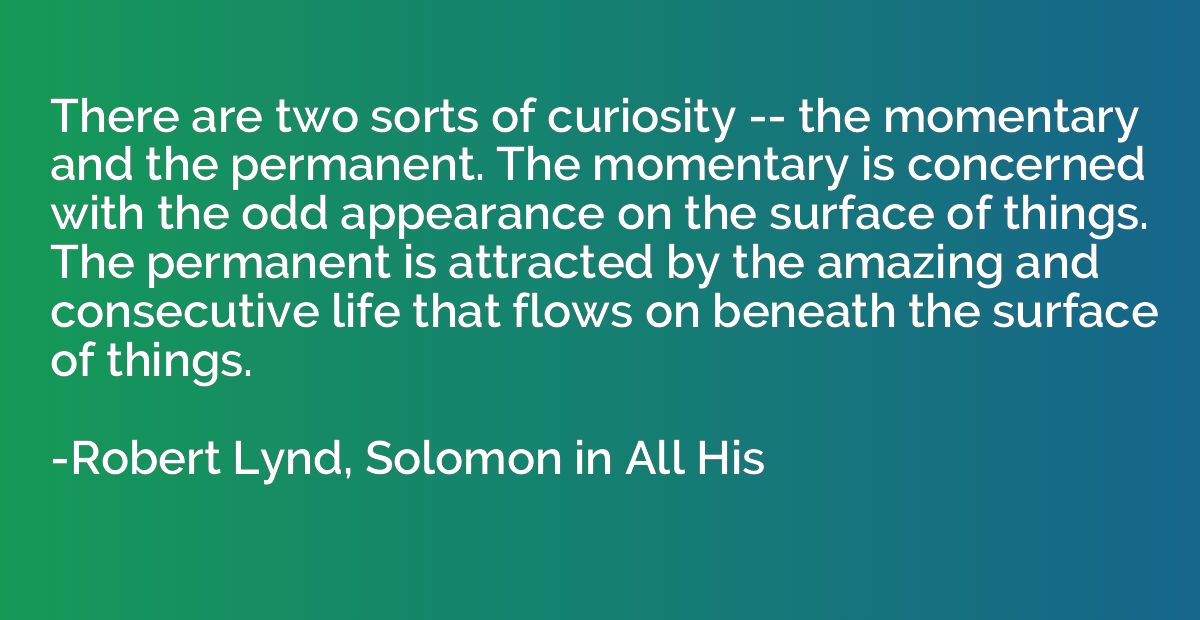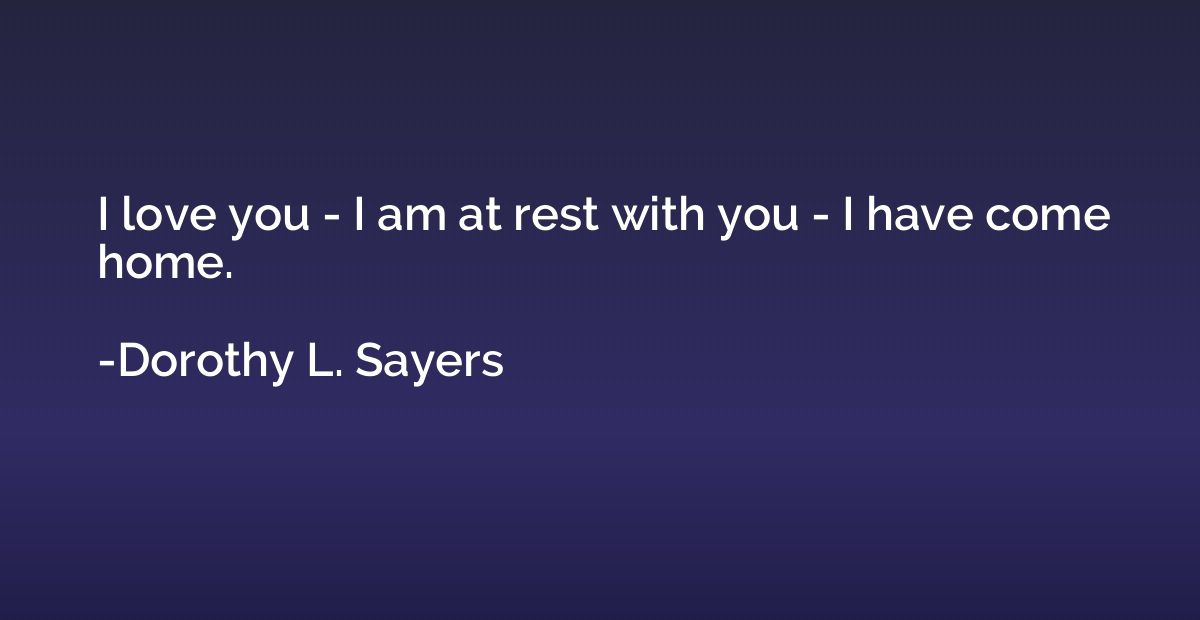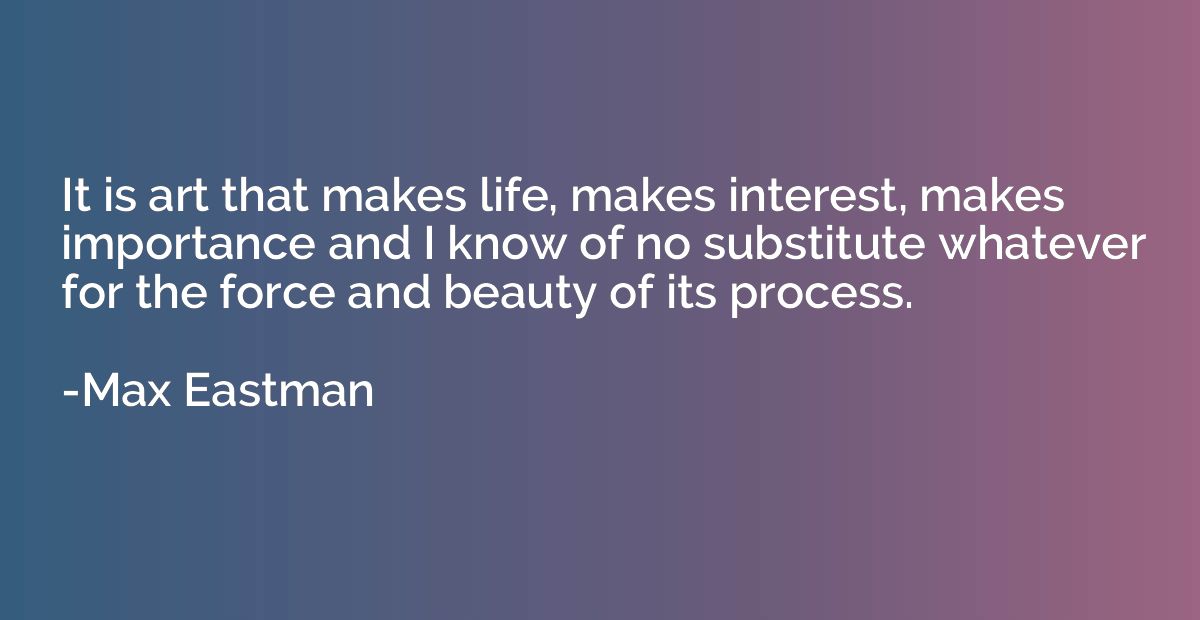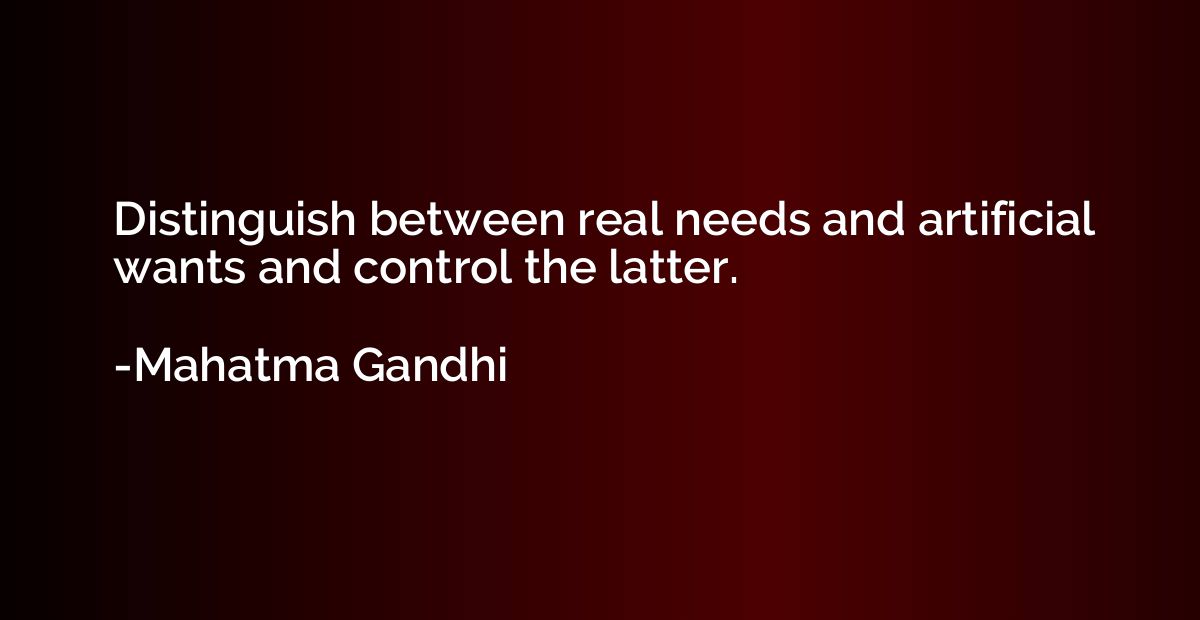Summary
This quote suggests that deception and illusions can be incredibly treacherous. It warns against the perils of succumbing to false perceptions or misleading beliefs, as they can lead individuals down a dangerous path. By emphasizing the potency of illusions, the quote serves as a reminder to exercise caution, critical thinking, and a discerning eye when navigating through life's complexities. It reminds us of the importance of seeking truth, questioning appearances, and not being easily swayed by illusions that may hold us back or cause harm.















